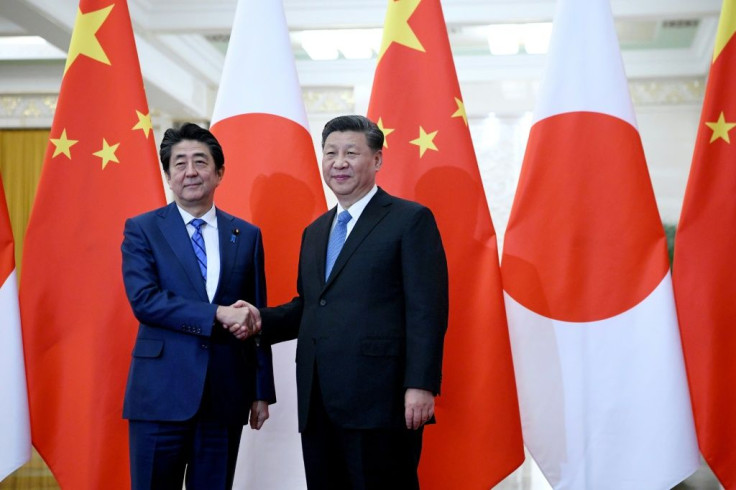Japan Is Offering Millions of Dollars To Its Companies To Leave China

Japan is offering $536 million in subsidies to 57 companies to invest in production in the country as it tries to reduce dependence on China, Bloomberg News reported.
Japan’s Ministry of Economy, Trade, and Industry (METI) said Friday, July 17, that it plans to subsidize another 30 firms for investments in Vietnam, Myanmar, Thailand, and other Southeast Asian nations. Details on the amount of money were not disclosed, the report said.
The declining relationship between Japan and China mirrors that of other countries like France, the U.K., and especially the U.S., who are pointing the finger of blame at Beijing over disruptions from the COVID-19 pandemic, human rights issues and the latest National Security Law imposed on Hong Kong.
All of that, coupled with the continuing U.S.-Chinese trade tensions, have raised concerns that relying too much on China leaves global companies vulnerable.
China is Japan’s biggest trading partner with massive Japanese investments in the country of over 1.4 billion people. Japanese Prime Minister Shinzo Abe has strived to improve relations with China after anti-Japan riots in Chinese cities and Taiwan occurred during August and September of 2012.
The breaking point for Japan could be the ongoing disputes in the East China Sea over the Senkaku islands plus China’s aggression in the South China Sea.
Any effort to move investments away from China will likely not be easy. The pharmaceutical industry especially will find it difficult to find new sources of raw materials.
More difficult will be medical devices, consumer electronics, and especially smartphones whose investors will be asked to leave China’s skilled workforce and efficient suppliers of raw materials even after the economic damage caused by COVID-19.
"I don’t know of a single company right now that is moving ahead with any plans to move," a July 1 article by The Japan Times quoted Harley Seyedin, president of the American Chamber of Commerce in South China, as saying.
Any investor will have to weigh staying with China, who has traditionally held down consumer prices and boosted corporate profits, to warnings from governments and industry consultants that dependence on China can be a threat to supply chains and possibly national security.
© Copyright IBTimes 2024. All rights reserved.





















